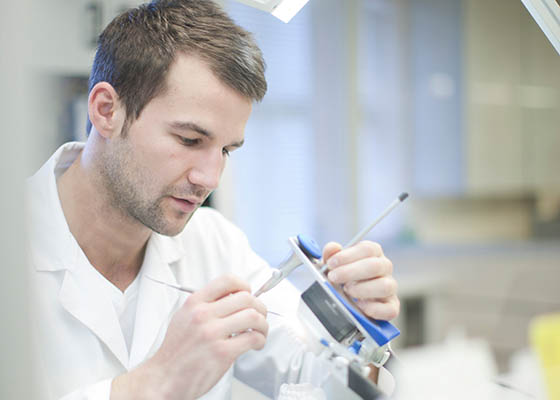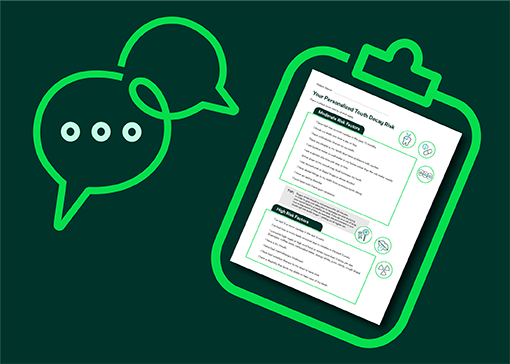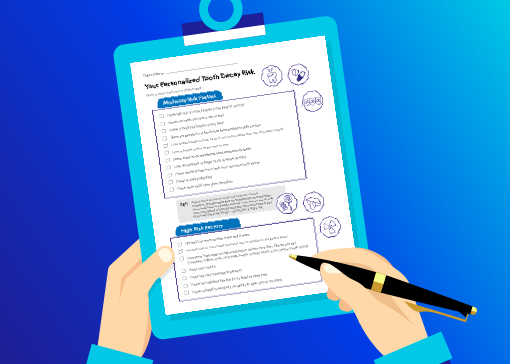Teilnahmebedingungen für das Gewinnspiel “Brain Boost Event 2025 – Gewinne 2x Teilnahmeplätze für dich und deinen Lieblingskollegen in Seefeld”
Teilnahmebedingungen:


The dental material impression is the most powerful communication tool that you have with your dental lab. Is it possible to pursue a stronger relationship?
Your assistant may be at your right hand chairside, but your remote right hand in delivering a well-fitting dental restoration is your dental lab. And the most powerful communication tool you have with the lab is the dental impression. There is a common understanding between dental laboratories and dentists: dentists deliver quality impressions and labs follow the agreed upon process for communicating if they have questions about a case. But is this reality? Are both parties holding up their end of the bargain?
Dental labs report that an average of 31% of impressions received from their dentist clients are “bad” or “sub-par.” An assessment by Gordon Christensen similarly found that up to 90% of all dental impressions don’t effectively capture the entire margin of the crown.2 And, a supporting LMT study shows that 78% of restoration remakes are due to dentist error and 22% are due to lab error.3
Nearly 80% of dental labs report that they need education on how to advise a doctor about their poor impressions.
Labs are motivated to maintain their clientele in an environment of consolidation. They cite that they field calls from dentists in many cases, more than 11 times per month, and believe their personalized service is as important as the consistency they deliver. Labs also report consulting on crown and bridge material and cement selection, impressioning techniques, prep design and complicated cases. In fact, 77% of labs would like to be able to productively engage with their dentist customers on taking better impressions without jeopardizing the relationship.1

These high statistics would suggest that failures abound in the dental industry, but we know that’s not true. So, the dentist and the lab must both be flexing to ensure that the final restoration is acceptable.
Entertain this scenario: a dentist sends a flawed impression, and the dental lab is reluctant to raise the issue. The restoration they deliver might be imperfect – the best they could do under the circumstances – and that may mean more time and adjustments at the seating appointment. More time costs the dentist productivity. In the end, the dentist, patient and dental lab feel uninspired by the result and the relationship.
Over time, this can become the norm in a dentist/lab relationship. If you’re the dentist and you receive restorations that are workable, why use a better material or improve your technique? If you’re a lab and you continually receive inadequate impressions, but you’re able to ‘make it work,’ why rock the boat? Both perspectives fail to recognize the potential upside of proactive improvement.

Proactively investing in this behind-the-scenes relationship can yield something just as valuable as improved day-to-day operations. DentistryIQ cites that a mutually beneficial dentist/dental lab relationship is critical to “carrying you through challenging times and tight deadlines and giving you an edge over your competitors.”4
Just as it may be uncomfortable to hear that your impressions leave room for improvement, it is uncomfortable for your lab to raise the issue. Nonetheless, more open and honest communication can go a long way toward strengthening the relationship into a partnership focused on delivering the best restorations possible – much to the delight of your patients … and each other!
Sources

How do you motivate your patients? Discover how caries risk assessments and motivational interviewing tactics can help you connect with…

Caries is a complicated multifactorial disease. In this two-part series, explore how caries risk assessments can help improve evaluation and…